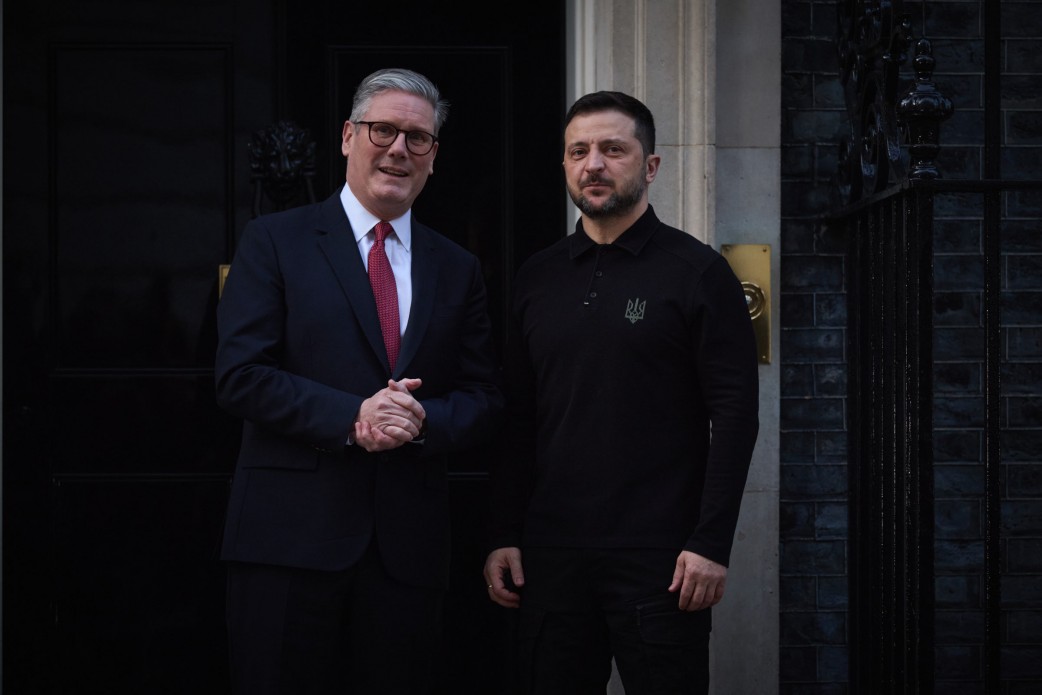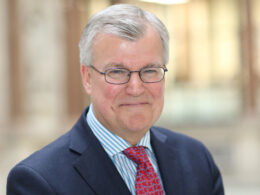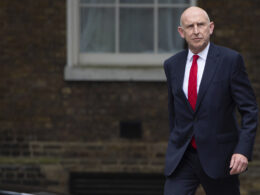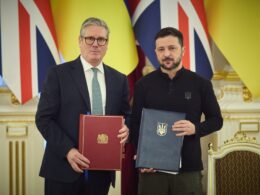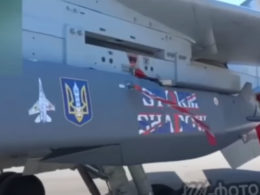Britain announced 100 new sanctions against Russia on 20 May, targeting the country's military, energy and financial sectors, Reuters reported.
"We urge Putin to agree a full, unconditional ceasefire right away so there can be talks on a just and lasting peace," British Foreign Minister David Lammy said in a statement.
The sanctions follow what officials described as the biggest drone attack on Ukrainian cities since the war began.
According to the British government, the measures specifically target supply chains of Russian weapons systems, including Iskander missiles, Kremlin-funded information operations, and financial institutions helping Russia evade sanctions.
"We have been clear that delaying peace efforts will only redouble our resolve to help Ukraine to defend itself and use our sanctions to restrict Putin's war machine," Lammy said, according to Reuters.
The sanctions also target ships in Russia's "shadow fleet" of oil tankers, according to the British announcement.
European leaders had previously threatened new sanctions if Moscow refused to agree to a ceasefire. Ukraine had accepted a US proposal for a 30-day ceasefire starting 12 May Reuters reports.
Instead, Putin proposed direct talks with Ukraine "without preconditions" in Türkiye on 15 May. While Ukrainian President Volodymyr Zelenskyy personally attended with a delegation authorized to make decisions, Russia sent only a "low-level" delegation without Putin.
US President Donald Trump declined to impose additional sanctions on Russia, arguing it "could make things worse" and claiming there is "a chance for progress" in negotiations with Moscow.
However, German Chancellor Friedrich Merz confirmed after discussions with Trump and European politicians that European countries will increase sanctions pressure on Russia.
Read also:
- UK to sanction 100 Russian oil tankers in biggest ever shadow fleet crackdown
- Politico: Leaders of Britain, France and Germany decide not to travel to Kyiv on 9 May
- Britain sends Ukraine new tranche of military aid worth almost a billion dollars

